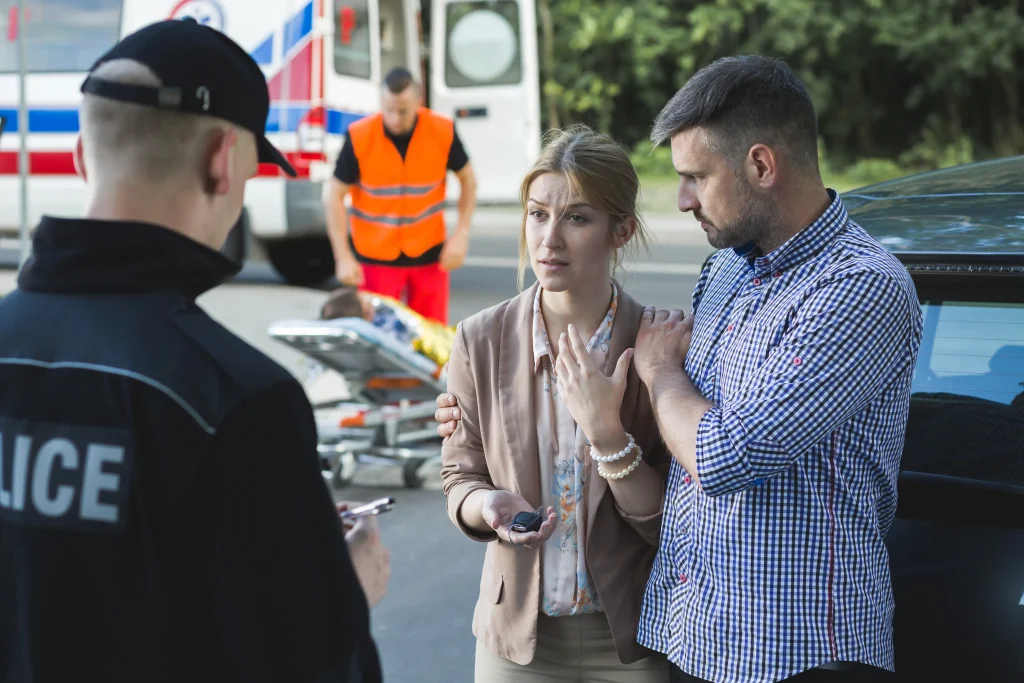Witnesses With Distorted Memories

If you are injured due to someone else’s negligence, witnesses play a key role in your case. Whether you are involved in a car accident on the highway or slip and fall at the grocery store, a witness can make or break your case. For example, if a witness can attest that someone else ran a red light and struck your car, this can help make your case. However, as a medical malpractice lawyer knows all too well, memory is not always the most trustworthy thing.
What Is Memory Distortion?
Memory distortion is when a person’s brain quite literally changes the memory it is storing. This can look like changing a small piece of the memory, or it can look like completely misremembering the event. For example, the witness might misremember the color of the car or the timing of the light changing to red. At the extreme end, the witness may not even remember the crash at all.
Memory distortion is generally caused by trauma. The witness could have been part of the accident, making it traumatic for them. For example, if you slipped and fell in a grocery store and hit your head, the injuries may have caused trauma for those witnessing them due to the severity of them. It might also happen if someone was just not paying attention. For example, maybe they saw your car accident happen out of the corner of their eye while they were on their phone. Not fully paying attention to the event can cause the brain to alter it.
How Does Memory Distortion Affect Legal Cases?
As our friends at Cohen & Cohen can explain, it is not uncommon for witnesses to change their statements. They may do so of their own volition, feeling as though their original statement does not match what they remember. They may also do so if insurance companies are questioning them about the event and putting pressure on them — under the stress of this, the memory may be altered.
If this happens in your case and your witnesses are no longer helping, an attorney can call in a forensic psychologist to help. This person can explain how memory distortions work and how they most likely affected the witness in your case. They may also discuss something known as flashbulb memories. These are vivid memories caused by unusual events in a person’s life. These memories last longer than regular everyday memories. If a witness is not traumatized by your accident, then they may have a flashbulb memory. While these are not necessarily more accurate than other memories, they are more vivid which a forensic psychologist could argue makes the original claim valid before the witness changed their statement.
With that being said, your case should not hinge on the testimony of a witness alone. It is important that you have other forms of evidence such as videos, medical records, and more. An attorney will ensure that the proof backing up your case is well-rounded in case a witness decides to change their statement later on due to distortion of memory. If you have been in an accident, reach out to a lawyer near you for help with the evidence — including witnesses — in your case.
